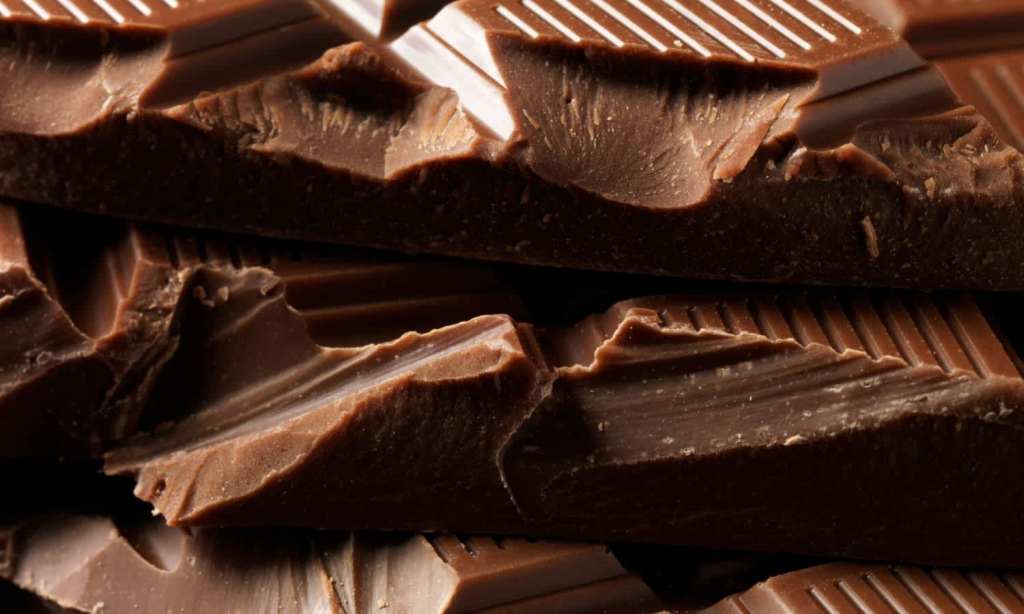While you probably don’t need any further encouragement to chow down on chocolate, this good news will further support the eating of the sweet substance. A recently published study has found that the antioxidant flavanols in cocoa can help support brain health and cognitive performance in young, healthy adults.
The study was undertaken by researchers from the University of Birmingham and the University of Illinois at Urbana-Champaign and included 18 non-smoking adults who identified as male, aged between 18 and 45 years old. According to mindbodygreen, all of the participants had no history of brain, heart, vascular or respiratory diseases.
To look at the benefits of cocoa on the brain, the participants were split into two groups, with the first consuming flavanol-rich cocoa while the other group were given processed cocoa with low levels of flavanols. Neither group knew which type of cocoa they were given, but two hours after consuming it, the participants were asked to breathe air containing 5% carbon dioxide.
This is a standard method for challenging brain vasculature to determine how well it responds,” co-author Gabriele Gratton, PhD, said. “This brings in more oxygen and also allows the brain to eliminate more carbon dioxide.”
Using a device that uses light to capture changes in blood flow to the brain, the researchers measured oxygenation in the frontal cortex, which according to Science Daily plays a key role in planning, behaviour regulation and decision-making. This technique allowed researchers to see how the brain defended itself from the excess carbon dioxide.
Participants were also asked to complete complex tasks that required them to manage contradictory or competing demands. The researchers found that many of the participants had a stronger and faster brain oxygenation response after they were exposed to cocoa flavanols than they did without or after consuming cocoa that lacked flavanols.
“The levels of maximal oxygenation were more than three times higher in the high-flavanol cocoa versus the low-flavanol cocoa, and the oxygenation response was about one minute faster,” said the study’s lead author, Catarina Rendeiro.
In fact, those who consumed the flavanol-rich cocoa performed better on the challenging cognitive tests and correctly solved problems 11% faster than they did without the cocoa, or after consuming the cocoa without flavanols. Interestingly, there was no real difference in performance on the easier tasks.
“This suggests that flavanols might only be beneficial during cognitive tasks that are more challenging,” Rendeiro said.
Despite many of the participants benefiting from the cocoa flavanols, there was a small group of four (out of 18) who didn’t experience any meaningful difference in brain oxygenation after consumption nor did their performance improve.
“Because these four participants already had the highest oxygenation responses at baseline, this may indicate that those who are already quite fit have little room for improvement,” Rendeiro said. “Overall, the findings suggest that the improvements in vascular activity after exposure to flavanols are connected to the improvement in cognitive function.”
While this is an extremely small study and more research is needed to verify this data, it would seem that you can certainly have your (chocolate) cake and eat it too — all in the name of brain health. Harvard Health Publishing recommends opting for dark cocoa and dark chocolate it has more flavanols than milk chocolate.
Read more stories from The Latch and follow us on Facebook.

